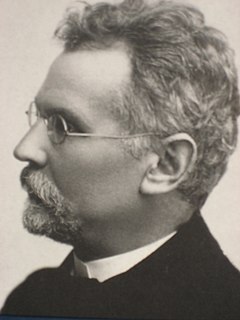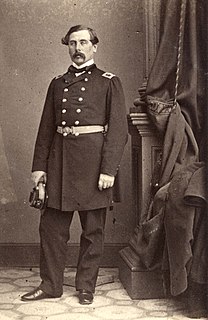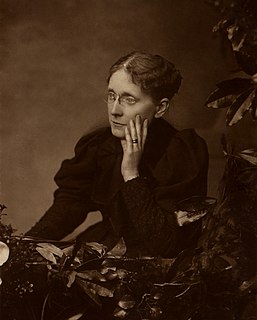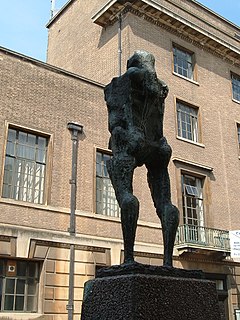A Quote by Boleslaw Prus
A life whose beginning we do not remember, and whose end we do not know.
Related Quotes
How can we speak of Democracy or Freedom when from the very beginning of life we mould the child to undergo tyranny, to obey a dictator? How can we expect democracy when we have reared slaves? Real freedom begins at the beginning of life, not at the adult stage. These people who have been diminished in their powers, made short-sighted, devitalized by mental fatigue, whose bodies have become distorted, whose wills have been broken by elders who say: "your will must disappear and mine prevail!"-how can we expect them, when school-life is finished, to accept and use the rights of freedom?







































